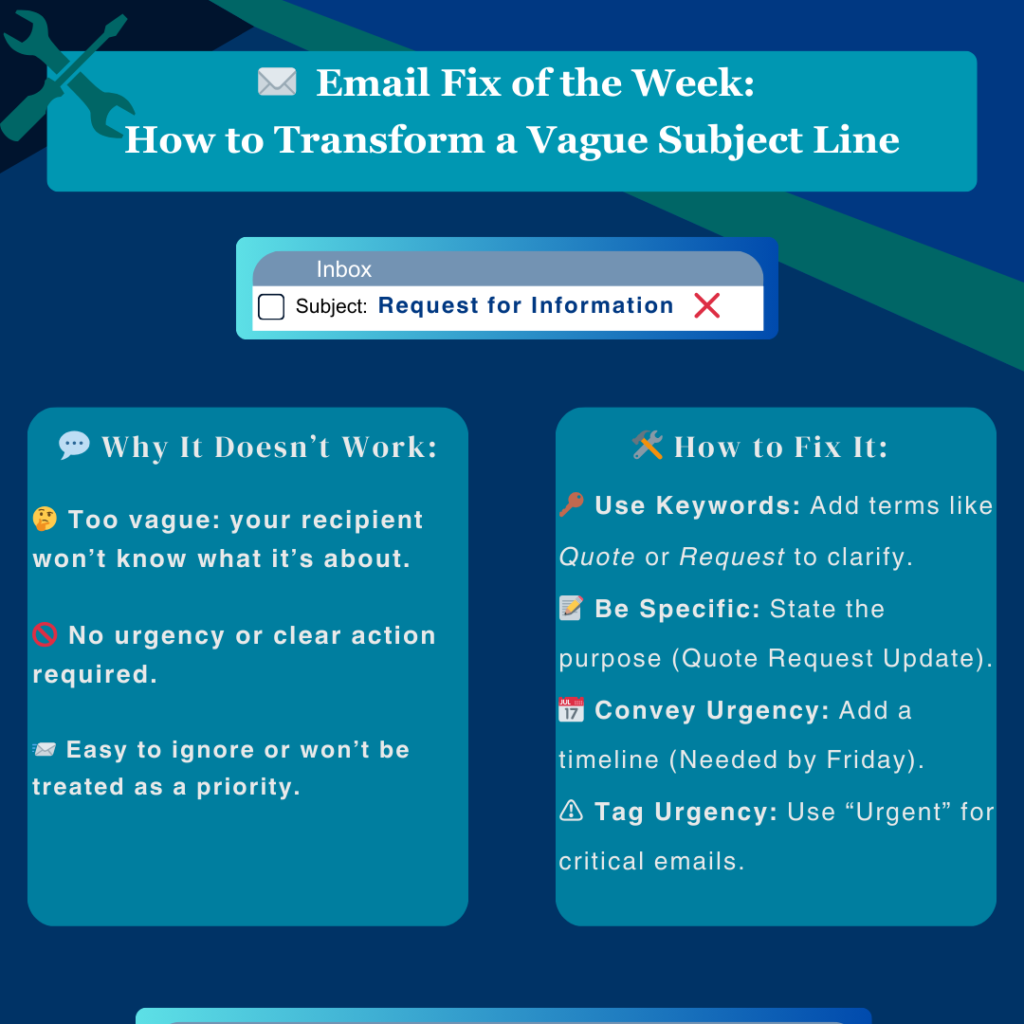People won’t remember your perfect grammar. But they will remember how your email made them feel. Yes, tone is more powerful than grammar.
Imagine starting a new job as an executive assistant. It’s a support role, and you’re juggling a hundred priorities. Then you get an email that starts with:
“You were supposed to…”
Even if it wasn’t meant to be harsh, that kind of wording stings.
It feels a bit like blame, and that instantly makes people uncomfortable.
Here’s the thing about emails:
They can be reread. They can live in someone’s inbox forever.
A negative tone sticks around longer than you’d expect.
Words like “forgot,” “should,” “still waiting” carry emotional weight, especially in hierarchical relationships.
So using positive language isn’t just about being “nice.”
It’s about being an effective communicator.
Here’s why using a positive tone really matters:
📩 It’s part of your professional brand : people are more likely to reply and want to work with you.
🧠 It shows emotional intelligence : like empathy, patience, and a focus on solutions.
🌍 It helps avoid conflicts, especially in multicultural or remote teams where tone can easily be misunderstood.
So here are a few real-life examples I’ve seen in the workplace that could be reworded for more positive impact:
🔴 “You were supposed to send this yesterday.”
🔴 “This isn’t what I asked for.”
🔴 “Please pay more attention to the details.”
Can you think of better ways to say these?
👉 Swipe through the carousel to see how I’d rephrase them.
And if you found this helpful, follow me for more practical email tips like this!











